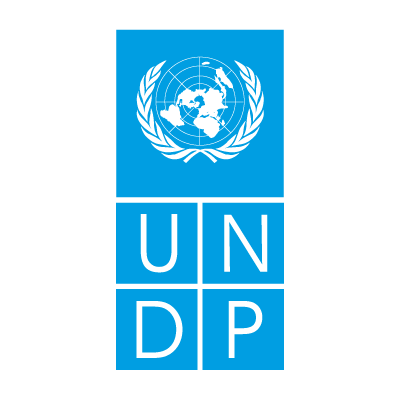
KNOWLEDGE
HUB
Case Study
Enhancing Urban Mobility through Low-Carbon Water Transport: Kochi Water Metro Project
In Asia and the Pacific, inland waterway transport is a traditional mode of transportation in many cities that have a network of lakes, canals, and rivers. It includes ferries, pontoon boats, and water taxis (or water buses).
However, commuters started to shift to land-based transport with more and better roads built and bridges connecting islands. The limited capacity of the road network to accommodate growing demand and increasing private vehicle ownership have led to traffic congestion. In the meantime, water transport in many cities suffer from a lack of investment and has fallen into a state of disrepair, making it less appealing for people to use.
The Kochi Water Metro project in the State of Kerala, India is an example of how inland waterway transport can be revitalized to provide a sustainable alternative to road-based modes. Envisioned as a state-of-the-art, fully integrated, and environmentally friendly system, it is expected to be a game-changer in improving the mobility of people living in Kochi City’s extensive island communities while contributing to tourism growth, environmental protection, and the government’s climate goal of becoming carbon-neutral by 2070.



